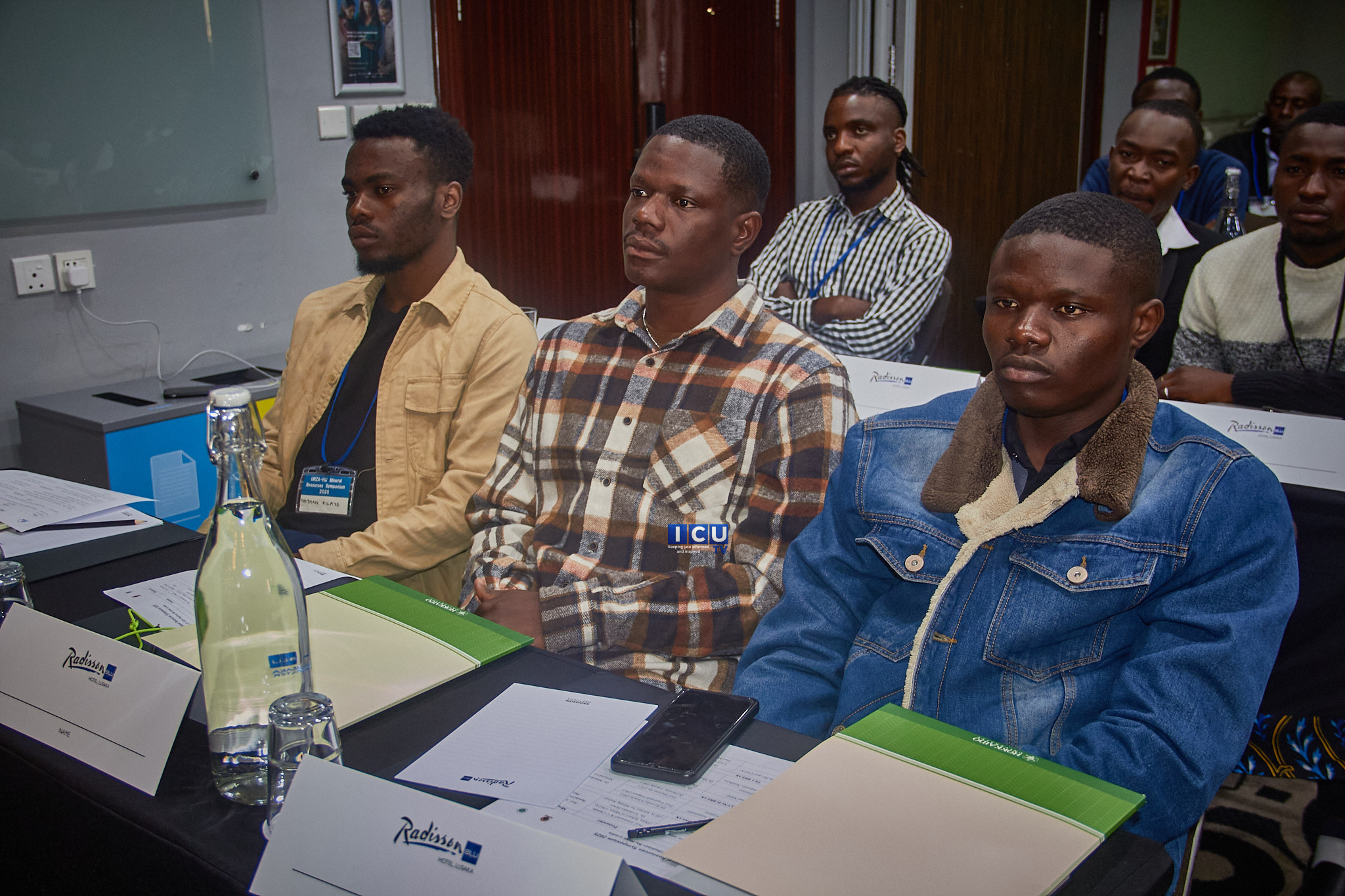UNZA and Hokkaido University Co-Host 2025 Mineral Resources Symposium

The University of Zambia (UNZA) and Hokkaido University of Japan jointly hosted the 2025 Mineral Resources Symposium yesterday 22nd July, an international gathering aimed at promoting sustainable mineral resource management and environmental stewardship.
The event, held at the Radisson Blu Hotel, brought together leading researchers, experts, and students from both institutions.
Speaking during the event, Dean of the School of Mines at UNZA, Professor Emmanuel K.C. Chanda said the symposium was intended to strengthen collaboration between the University of Zambia and Hokkaido University.
Professor Chanda explains that while collaboration is often discussed on paper, the symposium represented genuine engagement, adding that, in his view, the most valuable aspect of such collaboration was human interaction.
He noted that the papers presented would benefit students by expanding their understanding of geology, mining, and related environmental issues.
Professor Chanda also thanked the Japan International Cooperation Agency (JICA) for funding the initiative and encouraged students to network and ask questions to fully benefit from the experience.
He further urged UNZA students to build relationships with their counterparts from Hokkaido University.
Meanwhile, JICA’s Senior Advisor for the Mining Sector, Dr. Yoshitaka Hosoi, presented an overview of Japan’s cooperation with Zambia in the mining sector.
He highlighted JICA’s focus on policy development, infrastructure, mineral resource management, and environmental protection.
Dr. Hosoi reaffirmed JICA’s commitment to strengthening Zambia’s mining capacity through technical cooperation, human resource development, and institutional support.
He also announced plans for equipment donations and the establishment of the Zambia KIIZUNA School of Mines to serve as a regional hub for mining expertise.
Students from both universities actively participated and shared their reflections.
Among them was Tebulo Whende, a fourth-year geology student from UNZA,who described the event as valuable, saying it exposed them to knowledge beyond what is taught in the classroom.
She explained that she had learned about minerals such as cobalt, which are not often discussed compared to copper, and added that the information gained would help her build a solid foundation as she prepares to enter the mining industry.
And Fugo Nakamura, a student from Hokkaido University specializing in enhanced rock weathering and life-cycle assessment geochemistry, said he attended to explore how Japanese technology could help treat mine drainage in Zambia.
Nakamura said that while Japan has fewer mining sites, Zambia has many, and expressed hope to conduct joint research with Zambian universities in order to contribute to sustainable mining.
Another student, Vanessa Mbasela, a fourth-year UNZA geology student, said the symposium allowed her to interact with students from Japan and engage in thought-provoking discussions about Zambia’s geology and mining sector.
Meanwhile, UNZA lecturer and Assistant Dean for Postgraduate Studies, Dr. Mukuka Simusokwe, described the event as a meaningful step toward deeper research collaboration.
He said they hoped to see increased academic output from the partnership, noting that it was something they had looked forward to for a long time.
Dr. Ebelia Manda, a lecturer and postgraduate coordinator in the School of Mines, said the symposium offered valuable opportunities for networking and knowledge exchange.
She said that technology in the mining industry was evolving rapidly, and events like that provided opportunities to share insights and explore joint solutions.
Closing the event, Hokkaido University’s Vice Dean of the Graduate School of Engineering, Professor Dr. Mayumi Ito, thanked participants and emphasized the changing landscape of metal resource demand.
Dr. Ito noted that achieving carbon neutrality and a circular economy requires advanced research, including AI-powered smart mining and environmentally conscious approaches such as biomining and metal recycling.
